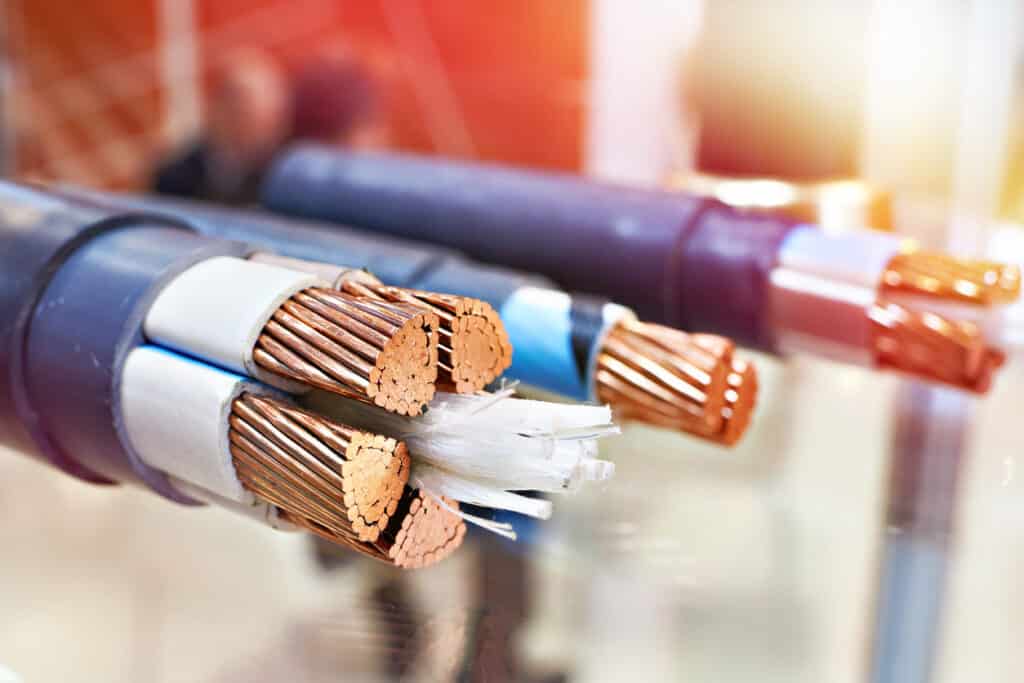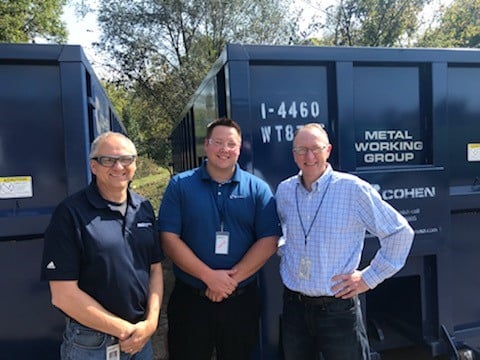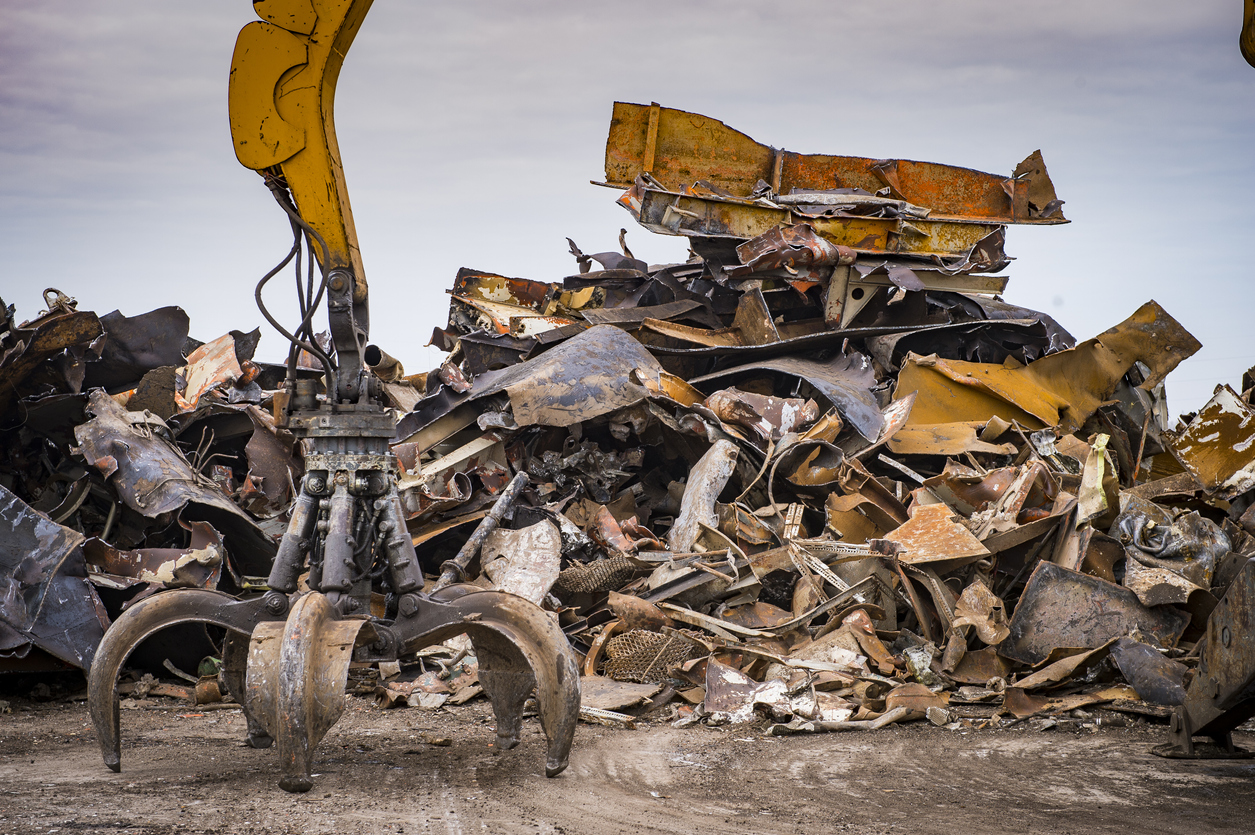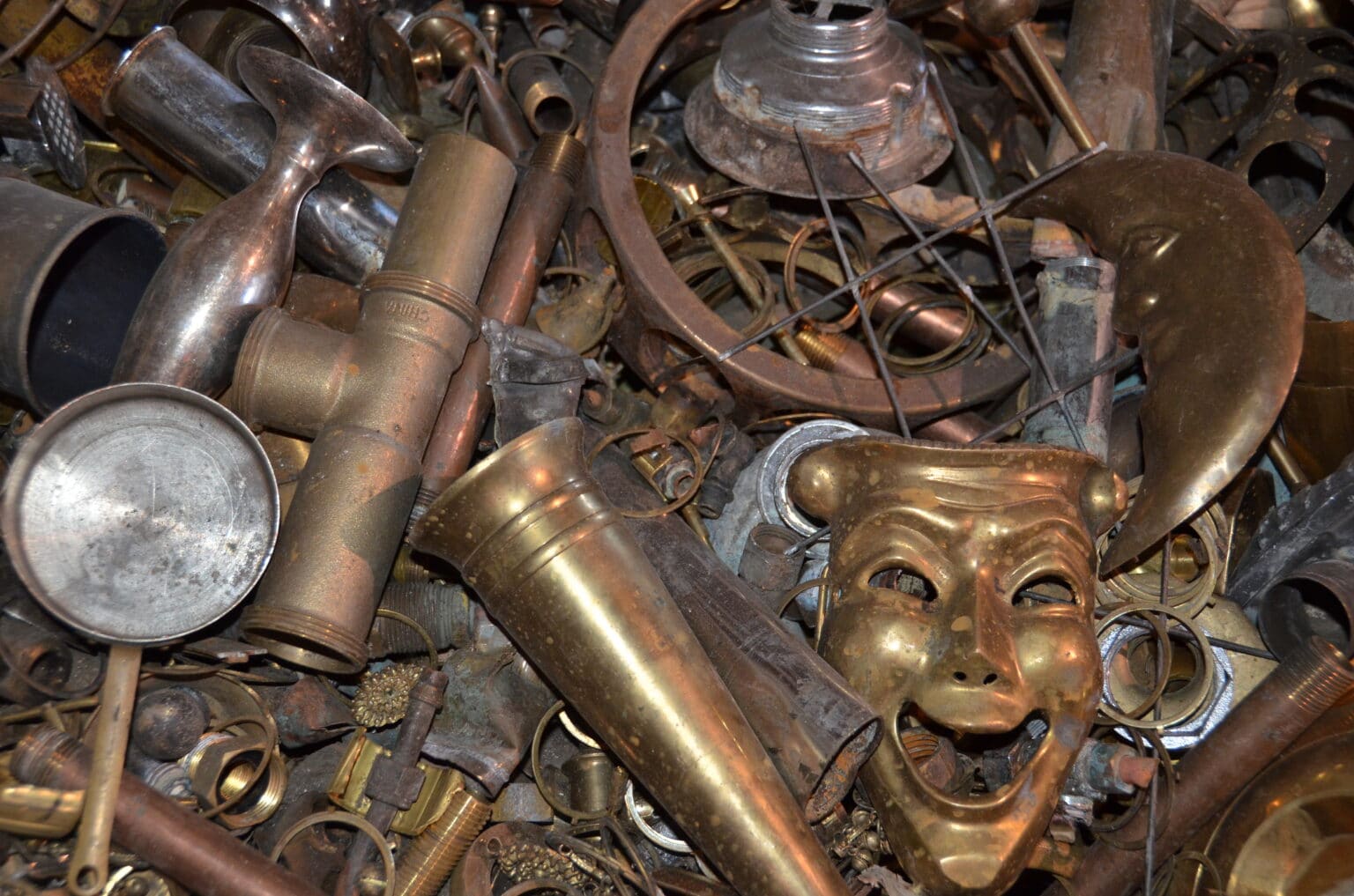It’s inevitable that over time, your home electronics and appliances will be replaced or upgraded. The average American replaces their smartphone every two to three years, or less for prepaid phones. Computers are on a roughly five-year cycle, laptops slightly less, and tablets in between. Once you’re done with them, into the recycling (hopefully) they go.
The equipment’s associated wires, cords, and cables may get left behind, leaving you wondering what to do with them.
If you’re like the rest of us, you’ll most likely tell yourself “I’ll probably need these for something in the future” and shove them away somewhere unseen.
But we should stop kidding ourselves. Those cords will remain in our junk closets for longer than any of us want to admit, until one day we finally give up and get rid of them during spring cleaning.
So once you’re ready to stop being tied down by all these loose wires, what do you do?
IT MAY SOUND SURPRISING, BUT WIRES, CORDS, AND CABLES ARE ALL RECYCLABLE.
Okay, but what kinds of wires and cables are actually worth recycling?
Most recycling centers will accept these common wires and cables:
- Phone cables
- Extension cords & adapters
- Electrical wires
- Speaker cables
- Home appliance wires
- Ethernet cables
- Power cords and chargers
All wires and cables contain copper, making them valuable as recycled material.
THE (NOT SO) SHOCKING DIFFERENCE BETWEEN WIRES & CABLES
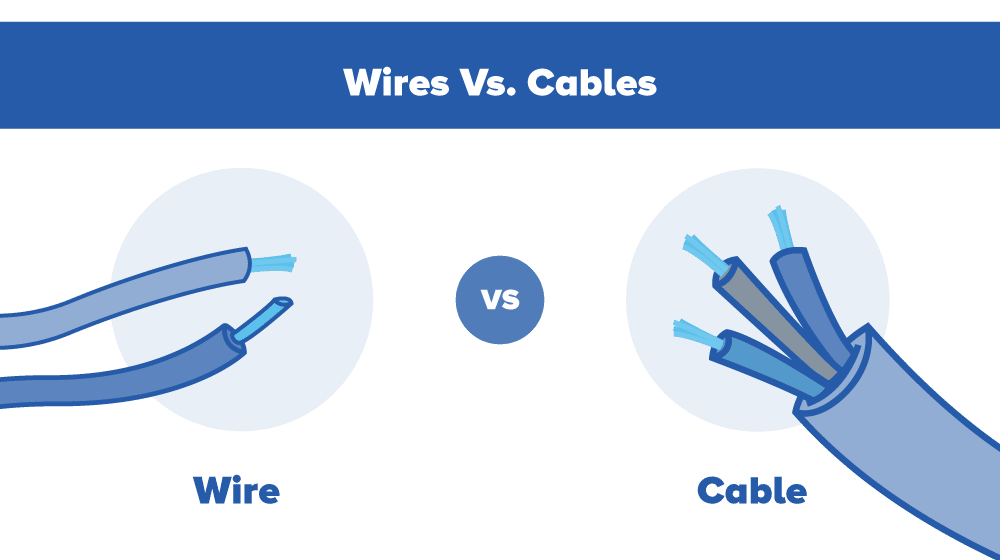
A wire contains just one line of electrical conduction. You’ll usually find wires inside your electronics, electric outlets, and light fixtures, for example. They most often connect electrical components together to conduct a current.
A cable is a unified group of wires insulated by plastic or rubber sheathing. Cables are often referred to as cords and are usually found outside a device, such as the power cord for your washing machine or the tail end of a surge protector.
THE DIFFERENCE IN VALUE OF WIRES & CABLES
All variations of wire and cable contain valuable internal components. But there is a difference between these two types of data-transferring materials, and it usually affects their value.
Since cables consist of groups of wires, they will typically contain more copper. When comparing a wire and cable of the same length, a cable will most likely yield a higher payout when recycling.
WHY IS COPPER SO VALUABLE?
- Copper is resistant to corrosion and conducts heat and electricity extremely well, outlasting other conductors.
- Copper is extremely difficult to mine.
It negatively affects the environment surrounding the mining site. Keeping the existing copper in circulation decreases the need for new copper mining, preventing unnecessary and irreversible damage to the environment. - Once the wires are removed from their rubber sheath, the copper core is worth more than most other metals. But remember, it takes work to separate the copper from the rubber, so coated wires and cables will be worth a little less than stripped ones.
Bonus Tip: the plastic or rubber sheathing around cables is not valuable for recycling. Maximize the return on your wire deposit by stripping the sheathing yourself.
So as you’re cleaning out your junk drawers, consider recycling that mess of wires and cables at Cohen! It’s an easy way to make some money while doing your part to protect the environment. See the full list of items that Cohen accepts for recycling here.

